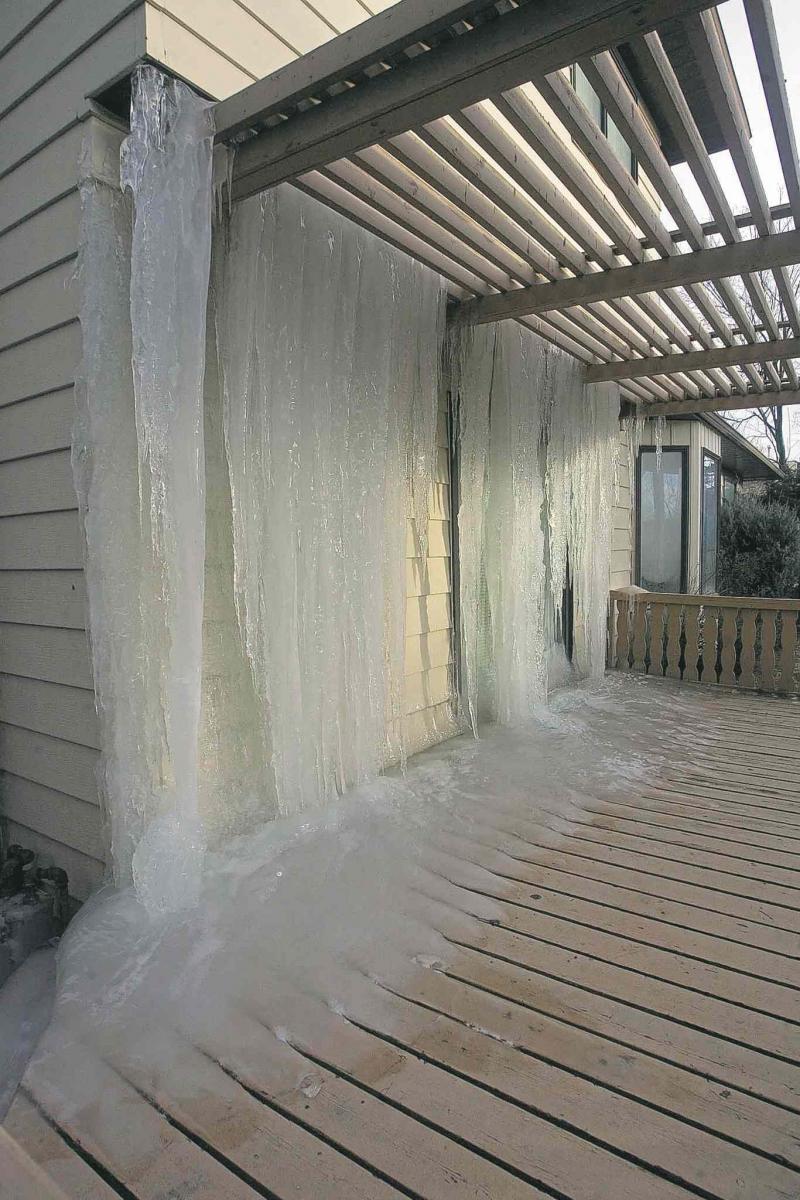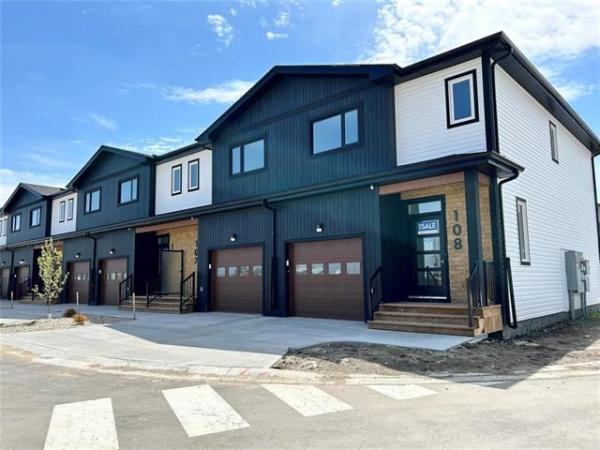
Question: I read your articles faithfully every week, as they are useful home care solutions from a pro. We are going to warmer climate for a three-month stay, however, among the many things to prepare is shutting down our home from January to April, our coldest months. In addition to the many checklist items, such as having people check the house occasionally, removing mail etc., on the water issue we have had some differences of opinion. Some sources have advised completely winterizing, by shutting off the water, draining pipes and adding anti freeze, even though the heat will be left on. The thought is if the power or furnace go off, it may not take long for the house to fall below freezing. Can you recommend what you feel should be done?
Thank you, John H
ANSWER:
Thanks for the kind words. Exploring the needs of your home when leaving for an extended period of time is a very wise idea and timely. I'm sure you are not alone in this endeavour and I have received many inquiries of this type, over the years. Choosing how much effort to put into this job will depend on location of your home and your personal security comfort level.
Many "snowbirds" like yourself leave our wintery climate for an extended period each year. Often, little consideration is given to their home left behind. You are to be commended for your forethought in realizing that a small amount of work before you leave may save you a major headache when you are away in a warmer location, far away. You have already mentioned having a friend, relative, or neighbour do periodic checks on your home is planned, which is important for several reasons. Having this done may also be a requirement of your home insurance, so check with your broker to see if there is a frequency of visits noted in your policy, to be on the safe side.
How much effort you put into closing up your home for the winter months, while away, may partially depend on your personality. If you are the type to fret about forgetting to lock your doors or leaving lights on, after leaving your home to do your daily business, then a greater effort may ease your mind. If you are more laid back and feel you are well-covered by insurance, monitored alarms, and scheduled visits by friends, then little may require to be done. At a minimum, shutting off the main water supply valve to the home, or the water pump if you have a well, should be attempted.
Whatever your preference, the water supply is the most important item to address for two main reasons. First, because water-supply pipes are under pressure, if a leak develops in the pipes while you are gone, even a small one, the home could be substantially flooded as the pressurized water will flow indefinitely. This could cause serious water damage and mould growth in the home, which would require major repairs. If the supply pipes freeze, due to a lengthy loss of heat to the building, they could expand, split, and cause a major leak when the heat returns and melts the ice. If the water supply was turned off and this occurred, there would be minimal damage, or possibly none if the water was drained from the piping.
This brings me to your next decision, whether to drain the supply piping once the water supply is shut off, or not. This may depend on the type of water supply, municipal or well, and the location of your home. If you live in a city or a town with a reliable electrical utility and constant, even water pressure from the water treatment facility, you may not bother draining the supply pipes. Doing so would make it more difficult for your house-checker to periodically flush the toilets, refill the sink traps, water plants, or clean up anything that may need water. If the supply pipes are drained, the main valve could easily be turned back on, but the sudden change of pressure could cause a leak in a dry seal or poorly secured pipe. It would also be much more work for that person to drain the pipes every time they came for a visit, if they had to use the water while there.
If you live in a rural or semi-rural area, where you have your own well and pump, draining the entire system may be a good idea. The main concern in a home like that would be the possibility of a prolonged power failure caused by a winter storm or falling tree. If these were to damage an overhead Hydro line on to the property, power could be off for a long time before it was discovered. It may take a few days for the temperature in an insulated and well-sealed home to drop below the freezing point, but this could certainly happen if no power or heat was available. If the water pump is shut off, and the supply pipes are completely drained, little to no damage may occur. In that case, it would also be wise to empty the toilet tanks and fill the bottom of the bowls and the sink traps with plumbing antifreeze, which would prevent damage to the drains, as well.
Periodic checking of your vacant home while you are away, having a monitored alarm with temperature sensors, and removing snow and mail may all be common sense items, but attention to your plumbing system should be a primary focus. Shutting off your supply valve or pump should be mandatory, but draining the supply piping and installing antifreeze in the traps may be overkill, unless your home is located in an area prone to frequent power failures or you have an older heating system.
Ari Marantz is the owner of Trained Eye Home Inspection Ltd. and the past president of the Canadian Association of Home & Property Inspectors -- Manitoba (cahpi.mb.ca). Questions can be emailed to the address below. Ari can be reached at 204-291-5358 or check out his website at trainedeye.ca.
trainedeye@iname.com



